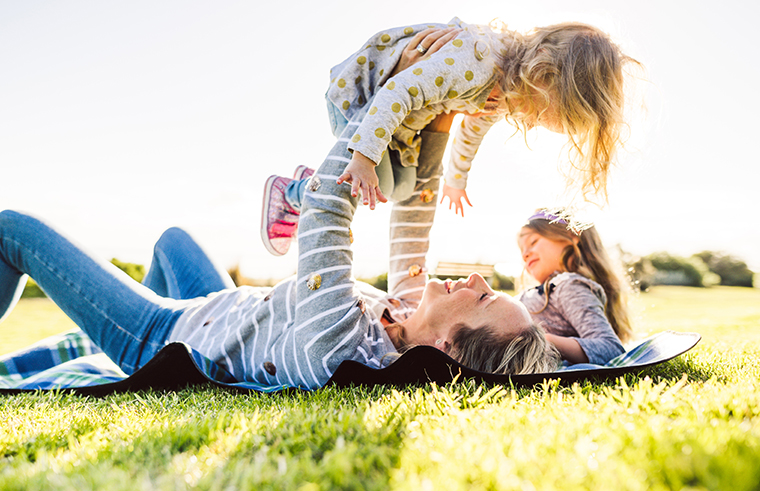I was a young mum having my kids at 18, 25 and 29 – and obviously, my kids are totally perfect – but a new study says I’m a bit of an anomaly. * titter *
Acting out in kids
Jokes aside, some new research is suggesting that babies born to parents who are a bit older than I was turn out to be much better-behaved kids.
You can read that study here. (It’s pretty weighty!)
The recently-published findings of this clever team explain that they found “a beneficial association between advanced parental age and externalising problem behaviour” – or acting out.
These so-called externalising behaviours describe problem behaviours that are directed toward the child’s external environment. They might include things like physical aggression, cheating, bullying, disobeying rules, stealing and wrecking things. Ugh.
With all this in mind, the researchers were looking into the impacts of parenting at an older age, especially when there’s evidence that suggests “increased maternal age at childbirth is associated with several adverse consequences” – mostly to do with physical and
mental health outcomes. (Again, check out the study for all the deets on that.)
They studied the behavioural patterns of a large group of Dutch children – 32,892 to be exact. The children were between the ages of 10 and 12. These kids had parents aged between 16 and 68.
Older parents = less aggressive kids
So what did they find out?
Well – among many other things – they discovered that the kids with older parents had fewer issues with disobedience and aggression.
“With respect to common behaviour problems, we found no reason for future parents to worry about a harmful effect of having a child at an older age,” study lead Marielle Zondervan-Zwijnenburg explained.
“It’s possible that some of the reasons why older parents have children with fewer problems like aggression is that older parents have more resources and higher levels of education,” study co-author Dorret Boomsma suggested, noting this was just one of a range of possible explanations.
Obviously, there’s still work to be done in this field of study, but if you’re an older mum or dad, why not take this opportunity to congratulate yourself on your child’s premium behaviour!
#BackPatsAllRound!


